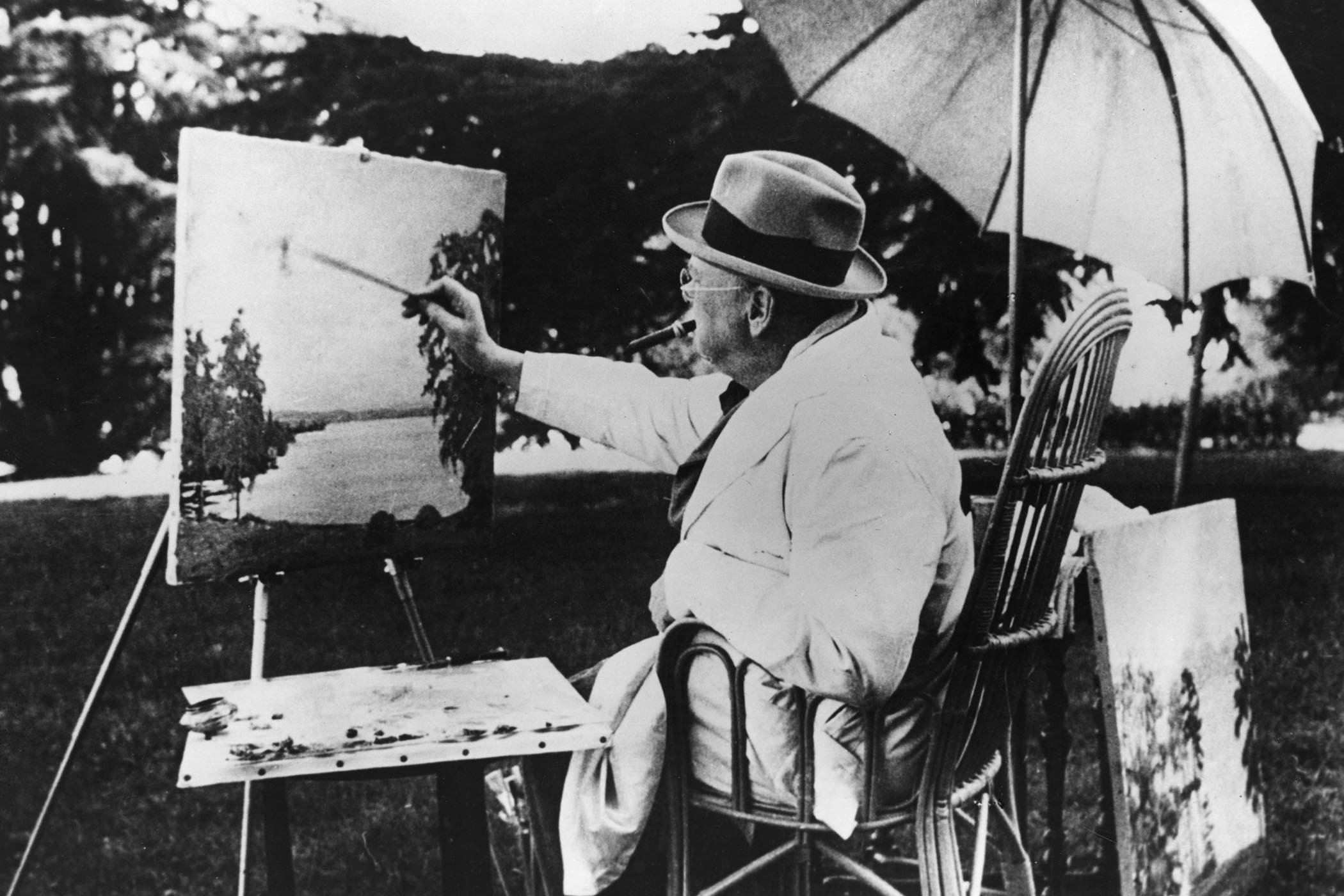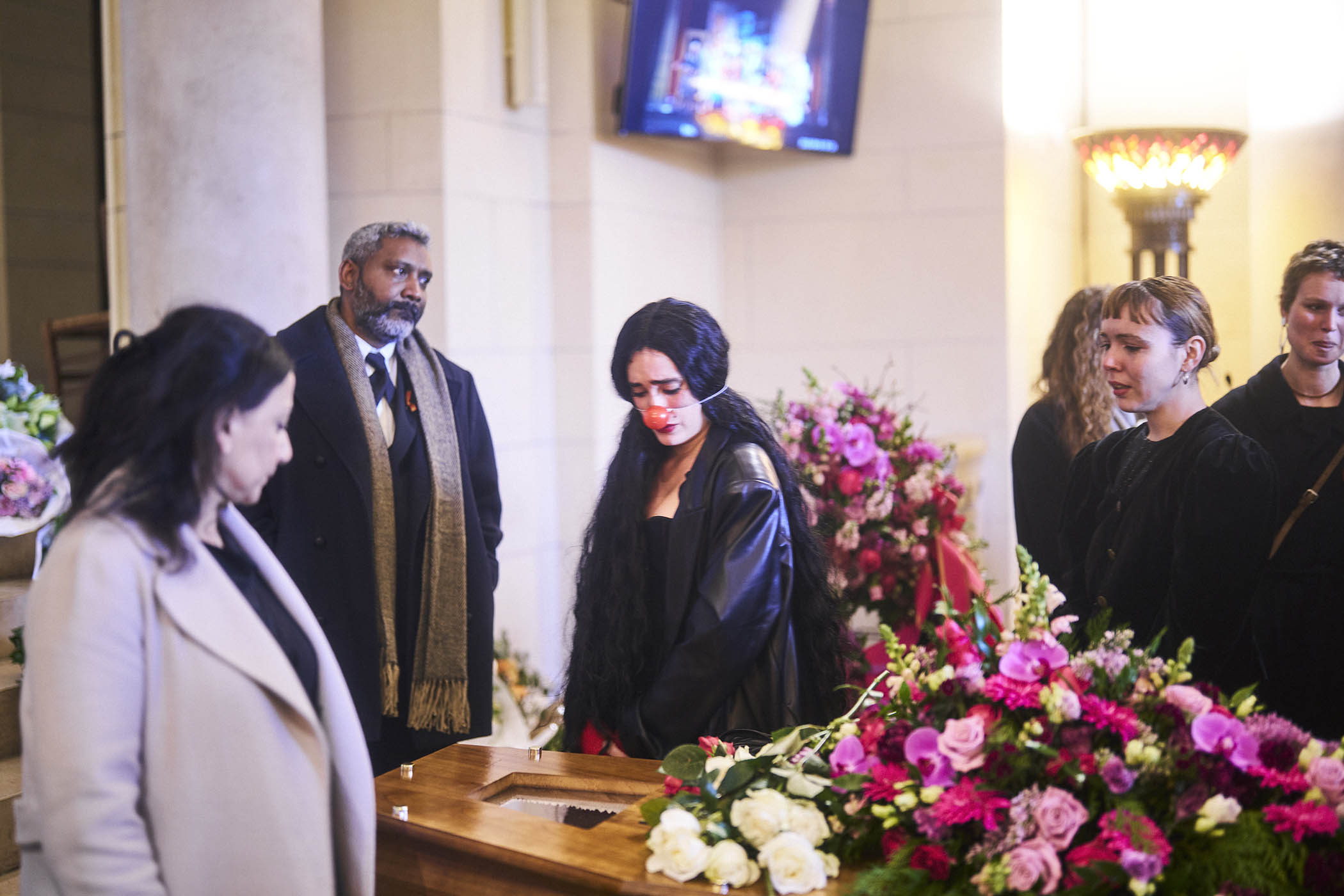In some ways, it is scarcely worth responding to Kemi Badenoch’s pledge to end “rip-off” degrees such as – we presume – performing arts, English, design, sociology, anthropology, media and psychology.
One does not wish to dignify this kind of vandalism with a response and you have to wonder whether the Tories will give Badenoch even one election before booting her out.
But she’s the Leader of the Loyal Opposition right now. So let’s do it.
Slashing arts degrees because they don’t make enough money, you say? First of all: what on earth do you think the purpose of human life is? Isn’t it something like: “pursue joy, deal justly with your fellow humans, love well, try to understand and see as much of this beautiful world and of the richness and variety of human culture and experience as you can before you die”?
The Conservative party – whose current leader studied computer systems engineering and law – used to believe that there was a real value to British culture: what is that if not our novels, our art, our music, our brilliant ideas? Is their view now that the best human life is to “be a valuable cog in a productivity machine, purchase an acceptable home, fill it with the usual items which must change whenever fashions alter, consume media but don’t get any ideas of your own”?
You might read about that type of life in Aldous Huxley’s Brave New World. But only if you do actually read literature, of course.
The Conservative party was once a party that believed in conserving things, in the great institutions of this country and the values that hold us together. It used to be a party that welcomed Ken Clarke, a jazz enthusiast (jazz is, in case Badenoch doesn’t know this, a “performing art”).
It was the party of Winston Churchill and Benjamin Disraeli, both accomplished writers. Churchill, you may recall, received the Nobel prize in literature and wrote in four volumes A History of the English-Speaking Peoples. Though, if Badenoch had her way, not the English-studying peoples.
But you might counter: Naomi, these thoughts about the meaning of life are all very well as airy ideals, but Badenoch is talking about facts and figures. She wants to improve the moribund economy. Get Britain back to work.
Yes indeed. “Get rid of creative and arts degrees” does fail as a test of essential understanding of some of the things that make life worth living. But as a piece of hard-headed economic policy-making… it also fails.
Newsletters
Choose the newsletters you want to receive
View more
For information about how The Observer protects your data, read our Privacy Policy
The creative industries are a powerhouse for the British economy. The UK has some of the best talent in the world in film and television (for the benefit of Badenoch, that’s “performing arts”). Not just actors but producers, lighting experts, directors, camera operators, graphic artists, CGI experts, makeup artists, costume creators, casting mavens.
High-end television production companies from around the world come to Britain to make great work. Performing arts is a huge industry for Britain. The creative industries add £124bn of value to the UK; the University and College Union (UCU) called Badenoch’s plans “economically illiterate”.
The creative industries add £124bn of value to the UK economy
The creative industries add £124bn of value to the UK economy
I will never cease mentioning that the videogames industry – a creative industry, for which people get creative degrees and which needs performers, writers, artists and puzzle creators among many other things – is worth (conservatively) more than twice as much annually to the UK economy as the fishing and steel industries combined.
My own game Zombies, Run! – a smartphone exercise app where we tell stories of the zombie apocalypse in your earbuds to encourage you to get some exercise – is small fry in the world of videogames: but has 10m downloads and we’re still paying a healthy sum to the British taxman every year.
There are very important reasons to support fishing and steel industries – they sustain local communities, they are part of our national heritage, they are of strategic importance in a Europe threatened by Vladimir Putin. But the Badenoch analysis would class them as “rip-off industries”.
But I don’t think about the world that way. We should keep – conserve, if you will – both. The British economy does desperately need growth, which is why any sensible party would give huge amounts of support to the creative sector – not to mention our universities, also a crucial export industry for Britain.
But you know, we do also need our lifestyle sectors. Give us bread, but give us roses. Although if we actually understand the economy: give us universities, therapists, researchers, novels, games, TV, movies and theatre … but for the sake of our heritage, let us also have sardines and girders.
Naomi Alderman is a novelist, game writer, and TV executive producer
Photograph by Fox Photos/Getty Images



